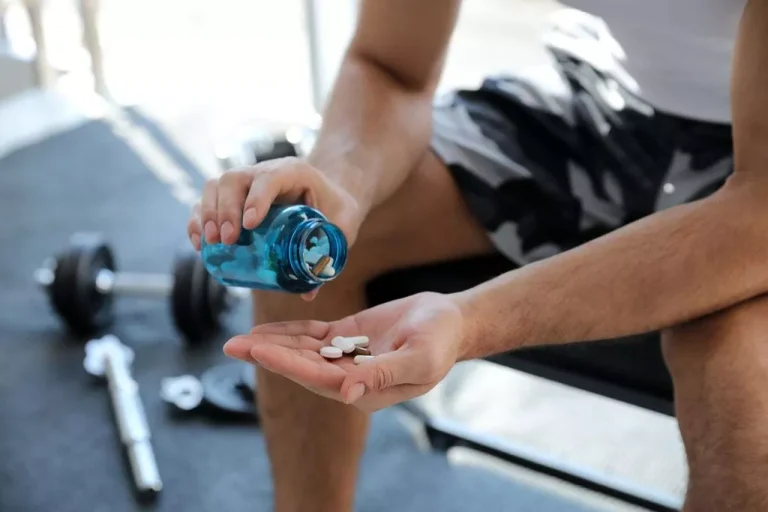Peripheral neuropathy: Causes, symptoms, treatment, and prevention Leave a comment

Deficiencies in these nutrients can harm overall health and prevent nerves from functioning correctly. It is important to share any history of alcohol use with your doctor to get an accurate diagnosis. Your doctor will need to rule out other potential causes for your symptoms. Early diagnosis and treatment make it more likely that you will be able to recover. Car accidents, sports injuries, broken bones, or even surgery can cause nerve damage.

Peripheral neuropathy symptoms

Lamotrigine was effective in relieving central post stroke pain [121] and painful diabetic polyneuropathy [122], but recent larger studies have failed to show a pain relieving effect in mixed neuropathic pain [123] and painful polyneuropathy [124]. Valproate demonstrated varying effects in different studies of neuropathic pain, with three studies from one group reporting high efficacy [125–127] and others failing to find an effect [128, 129]. Alcohol can have significant negative effects on the central nervoussystem (CNS). Drinking alcohol can also have negative effects on the peripheral nervous system (PNS). According to a 2017 review, muscle myopathy is common in alcohol use disorder. In addition, about 40 to 60 percent of people who experience chronic alcohol misuse also experience alcohol-related myopathy.

Other areas of the body
It is likely to get worse if the person continues to use alcohol or if nutritional problems are not corrected. Alcoholic neuropathy is usually not life threatening, but it can severely affect quality of life. Medicines may be needed to treat pain or uncomfortable sensations due to nerve damage. They will be prescribed the smallest dose of medicine needed to reduce symptoms. This may help prevent drug dependence and other side effects of chronic use. A doctor will take a thorough health history and have you complete questionnaires related to alcohol intake to help diagnose these conditions.

How we reviewed this article:
Lauren Smith has worked as a journalist and copywriter for the last decade, covering a range of topics including health, energy, and technology in the US and UK. Physical therapy and orthopedic appliances (such as splints) may be needed to maintain muscle function and limb position. Motor nerves are the nerves responsible for all voluntary skeletal and somatic movement such as moving the leg or arm.
- Research suggests that alcohol has a pain-dampening effect and can relieve hyperalgesia — increased sensitivity to pain — even at nonintoxicating doses.
- To assess the bias in these we applied the Jadad score which takes into consideration quality of randomisation and blinding as well as reporting of withdrawals to assess bias in RCTs [9].
Prevalence of alcoholic neuropathy
- Joseph & Levine [71] suggested that activity in signaling pathways that ultimately lead to apoptosis plays a critical role in the generation of neuropathic pain, before death of sensory neurones becomes apparent.
- In someone with alcohol use disorder who may consistently consume large amounts of alcohol, the chronic effect of alcohol on nerves can lead to permanent damage.
- Axonal degeneration has been documented in rats receiving ethanol while maintaining normal thiamine status [5].
- This study found that the response to treatment depended upon the severity of neuropathy and whether there was severe cirrhosis.
Only one study examined radial nerves which reported reduced SNAP [53]. Finally, one study examined the strength-duration time constant (SDTC) and rheobase in median nerves of those with alcoholic peripheral alcohol neuropathy stages neuropathy [69]. The SDTC was normal compared to controls, but the rheobase was significantly different suggesting that APN may affect internodal channels other than nodal channels or the Na+ –K+ ATP pump.
- If you are experiencing pain because of your condition, you may be prescribed pain medication.
- CDT is an indirect metabolite of ethanol and constitutes either a marker of prolonged, heavy alcohol consumption or a marker of relapse.
- One of the other important issues in alcoholic individuals is the source of their calorie intake.
- Ultimately, the best way to prevent alcohol-related neurologic disease is to not drink alcohol.
Alcoholic neuropathy refers to nerve damage resulting from chronic heavy alcohol use. Symptoms may include numbness and tingling in the limbs, muscle weakness, and loss of https://ecosoberhouse.com/ mobility. Excessive, long-term consumption of alcohol can lead to malnutrition as well as nerve damage, and both contribute to the development of alcoholic neuropathy.

- N-acetylcysteine may have application in the prevention or treatment of neuropathy.
- The primary risk factor for alcoholic neuropathy is chronic consumption of large amounts of alcohol.
- A doctor may suggest an inpatient detox when a person’s alcohol use disorder is very severe.
- Thus, treatment with anticonvulsant drugs may provide another therapeutic alternative for the symptomatic relief of pain in patients with alcoholic neuropathy.


